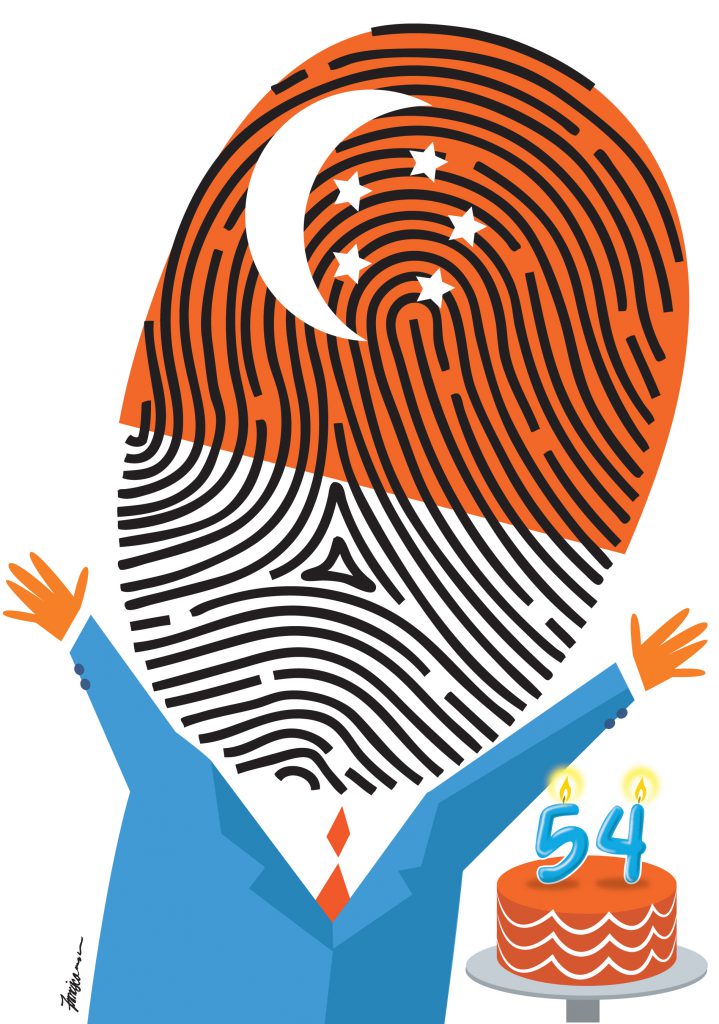Singapore’s 700 year history and the search for a national identity
August 16, 2019

On Singapore’s National Day, Associate Professor Albert Lau (NUS Department of History) published an opinion piece questioning Singapore’s search for its national identity. Instead of Singapore’s (“modern”) history beginning in 1819, A/P Lau’s ‘Singapore Bicentennial: Whither the Singapore identity?’ critically examines the revised narrative of Singapore’s 700 years of history, and how that plays a part in national identity.
A/P Lau maps out Singapore’s 700 years of history and development, beginning from Temasek’s role as a thriving, moderately prosperous port-polity that engaged in international and regional trade, to post-independence Singapore today. A/P Lau points out that Singapore was not in fact a sleepy fishing village as was previously believed; it had belonged to prevailing regional powers, serving as a naval base to the Melaka and successor Johor sultanates.
Then, despite its economic identity based on open trade and commerce, the conditions for a political identity had not yet come into existence. As a British colony after the “founding” of Raffles, Singapore soon became the capital of the British Straits Settlements due to its exceptionalism and geostrategic location. It was also at this juncture where Singapore transformed from a Malay-dominant society into a Chinese-majority polity, with the influx of new immigrants from China.
Only after the Second World War did Singapore gain the impetus for a nascent national identity. Singapore’s anti-colonial sentiments and political detachment from Malaya in 1946 allowed for a territorial-based, Singapore-directed nationalism to emerge. This later contributed to Singapore’s attainment of independence from British rule in 1963 through its merger with Malaysia, and its leaving the Malaysian Federation in 1965 to become an independent and sovereign nation-state.
Today, despite Singapore’s distinct national identity shaped largely by its government, its people too have been increasingly involved in identity formation. Many idiosyncratic Singaporean traits have also emerged, such as “kiasu”-ism and Singlish.
The article ends with a recognition of Singapore’s maturing political community, as it reimagines the meaning of nationhood amidst the challenges of a rapidly changing world.
Read the full article here.
